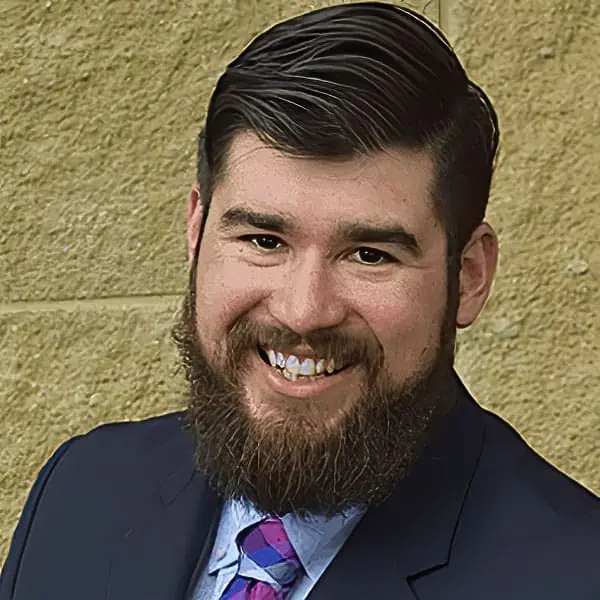This is a guest blog by Fernando A. Ceballos, P.E.
Communication: The imparting or exchanging of information or news.
Depending on your personality, you are either the type to listen or talk. Usually, people struggle to be good at both. I was the type to talk, to think about what to say next, and sometimes forget to listen to the person I was talking to. I realized that this was due to my fear of having a “boring” conversation or awkward pauses while I reflected on what was being said. It was also ego taking over, since I wanted to be “ready” with a rebuttal when I was debating with someone.
As I write this blog post, I know I am not the best listener I can be, but I’ve made improvements from who I used to be. These changes have been thanks to books, the wisdom of mentors and coaches, and most importantly, practice. You must practice!
It may be a weird concept at first, but you must be able to be intentional at listening. Instead of giving you a long list of tips or tricks to become a better listener, I want to give you two that you can implement today.
Call Yourself Out
“When people talk, listen completely. Most people never listen.” ~ Ernest Hemingway
When I found myself drifting and missing what the other person was telling me, I would call myself out. I would apologize and tell them I zoned out and missed what they said. This became a habit and I found myself drifting less and less. Thankfully, the people I was talking to were usually not offended and thanked me for my honesty. The true change came from an internal desire to stop making people feel like they were not important enough to be heard and the embarrassment of keeping myself accountable.
Process What Is Being Said
“I didn’t have time to write you a short letter, so I wrote a long one instead.” ~ Mark Twain
Allow yourself some time to listen and process. I know it is easier said than done, but you must stop analyzing every single word in real time when someone is talking to you. Even if it is internal dialogue, you are still “talking over” the person and potentially missing critical information. There is nothing wrong with having to briefly pause in the conversation to prepare your own thoughts. I found myself being in far less disagreements after being more intentional with this. I realized that some arguments were being had over things that were not being said, but over the meanings/feelings I was associating to words that were being used.
“The most important thing in communication is to hear what isn’t being said.” ~ Peter Drucker
As this year comes to an end, I ask that you take some time to journal. Allow your thoughts to fill the pages. Read the words you wrote down and process. Reflect on what you wrote down and listen to your emotions. In this case, stop thinking and listen!
Happy holidays!
About the Author Fernando A. Ceballos, P.E.

We would love to hear any questions you might have or stories you might share about sustainable sales platforms.
Please leave your comments, feedback or questions in the section below.
To your success,
Anthony Fasano, PE, LEED AP
Engineering Management Institute





